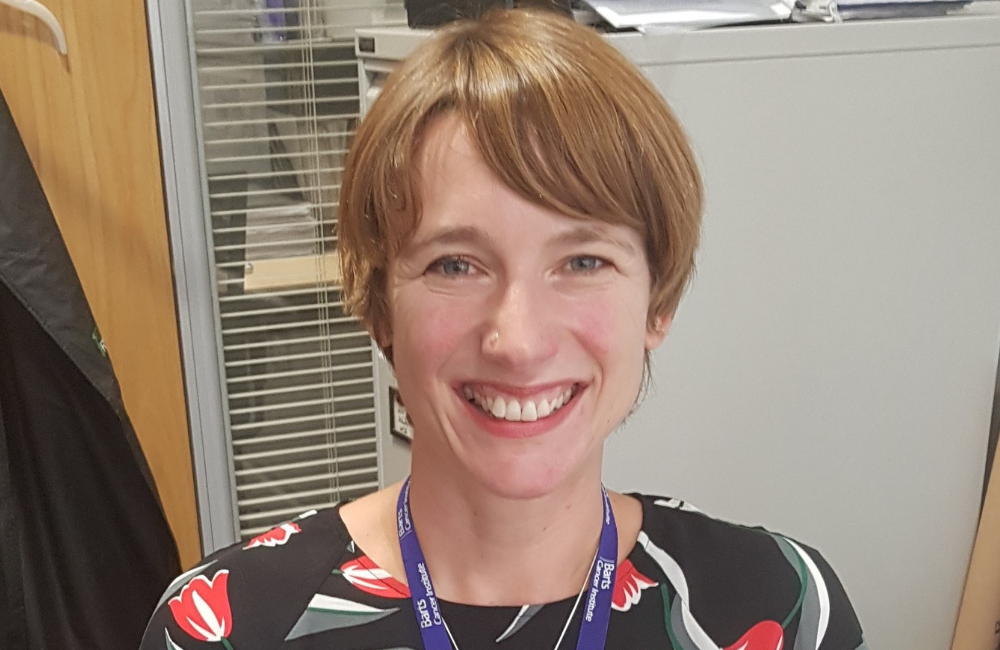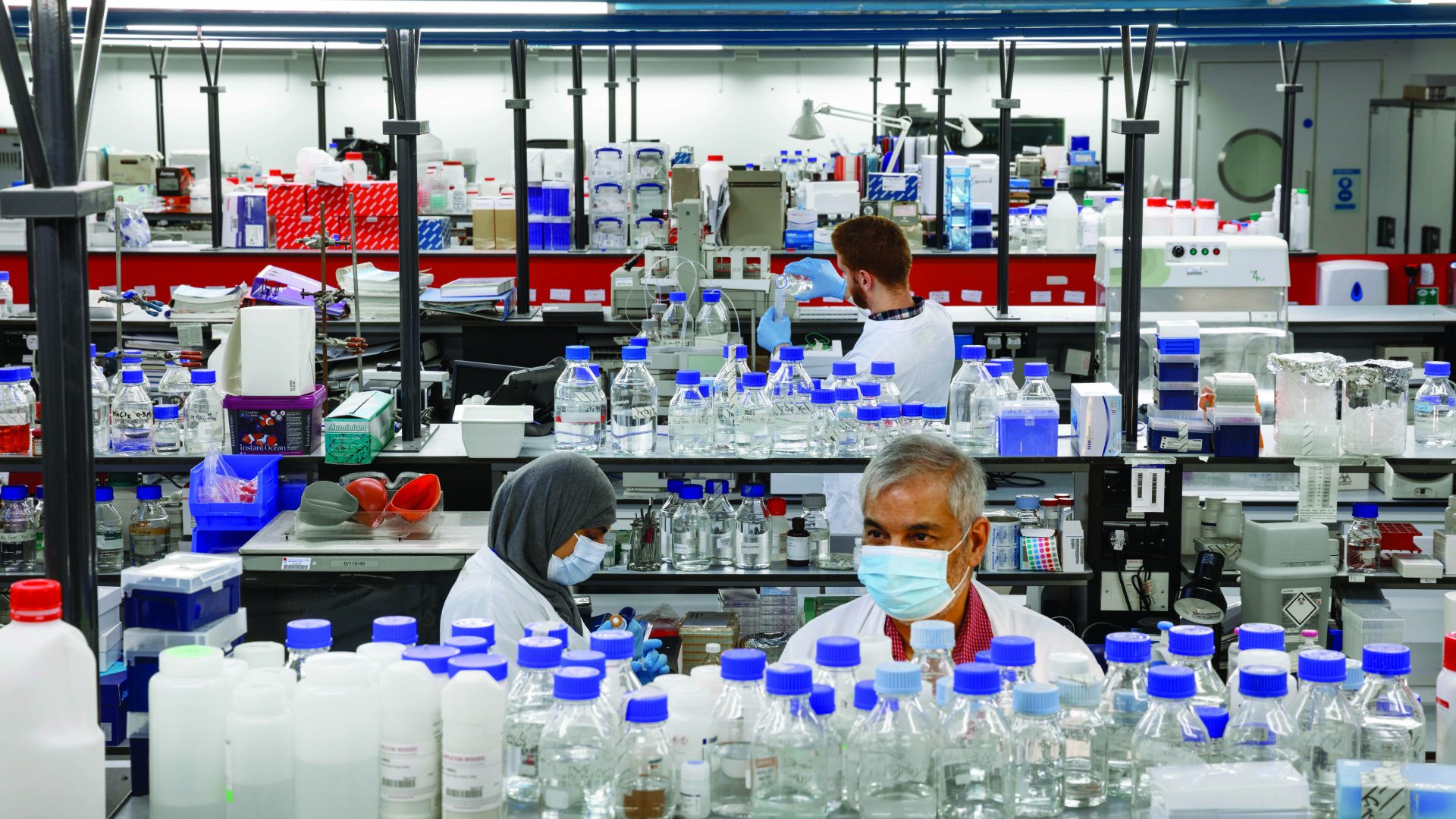The new treatment approach for ovarian cancer, called adaptive therapy, will benefit 3,000 patients every year over the next three years.
Adaptive therapy (AT) is a novel, personalised treatment strategy in which drug doses are tailored for individual patients to prevent drug resistance. Drug-resistant cancer cells usually grow more slowly than their drug-sensitive counterparts, these are cancer cells that are responsive to the drugs. This clinical trial plans to exploit this slow growth weakness of drug-resistant cancer cells by prescribing periods without drugs.
Clinical experience shows that when cancers relapse, repeated treatment with the same therapy is less effective. Adaptive therapy could significantly benefit patients by prolonging drug-sensitivity and extending tumour control. At the same time this treatment approach could reduce chemotherapy dose and the negative effects of cancer drugs on the body.
“This strategy could transform cancer care: patients would receive fewer drugs, less often, and live longer with fewer treatment-related side effects,” says Dr Lockley. “The research aims to address the unmet need of therapy resistance. To maximise future public health gains, it is crucial that we learn from the patients that participate in this study.”



